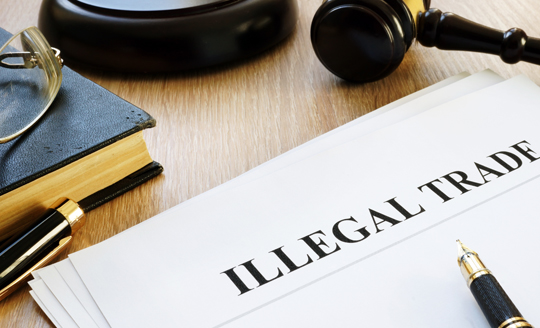Illegal insider trading is very different than legal insider trading. A person who engages in illegal insider trading may work for the company that he buys the stock for, but doesn’t necessarily have to. The key is that the person who buys or sells the stock acts on insider information (not public information) in violation of the law.
But due to inside trading not being as black and white, just as there’s a thin line between legal and illegal trading. The same can be said for who’s in the wrong and should be held liable when it comes to insider trading.
As often, there may not be a clear-cut connection to draw between seeking personal benefit or monetary gain by leaking or acting upon confidential information. It can merely be a case of someone who couldn’t keep a secret.
As sometimes people outside of a company can run afoul of these laws, as well, using information obtained from those on the inside to seek a profit, even if the insider doesn’t directly profit.
In these situations, there’s a “tipper” and a “tippee.” The tipper is the person who has broken his or her fiduciary duty by intentionally revealing confidential information to outsiders. The tippee is the person who knowingly uses that confidential information to make a trade for purposes of turning a profit or avoiding a financial loss.
For example, suppose the CEO of a publicly-traded firm inadvertently discloses his/her company’s quarterly earnings while getting a haircut. If the hairdresser takes this information and trades on it, that’s considered illegal insider trading, and the necessary financial regulators may take action.
As company insiders or executives their positions in companies tends to place them more at risk than ordinary employees when it comes to Insider Trading. As they’re the ones considered to be those who place the trades and this can be a common risk to the directors and upper management.
Placing them guilty and can be convicted of insider trading, especially when some kinds of trading based on insider information are considered to be illegal. And another risk for officers and directors is that they can be liable as controlling persons if they’re reckless in not preventing insider trading by their employees.











